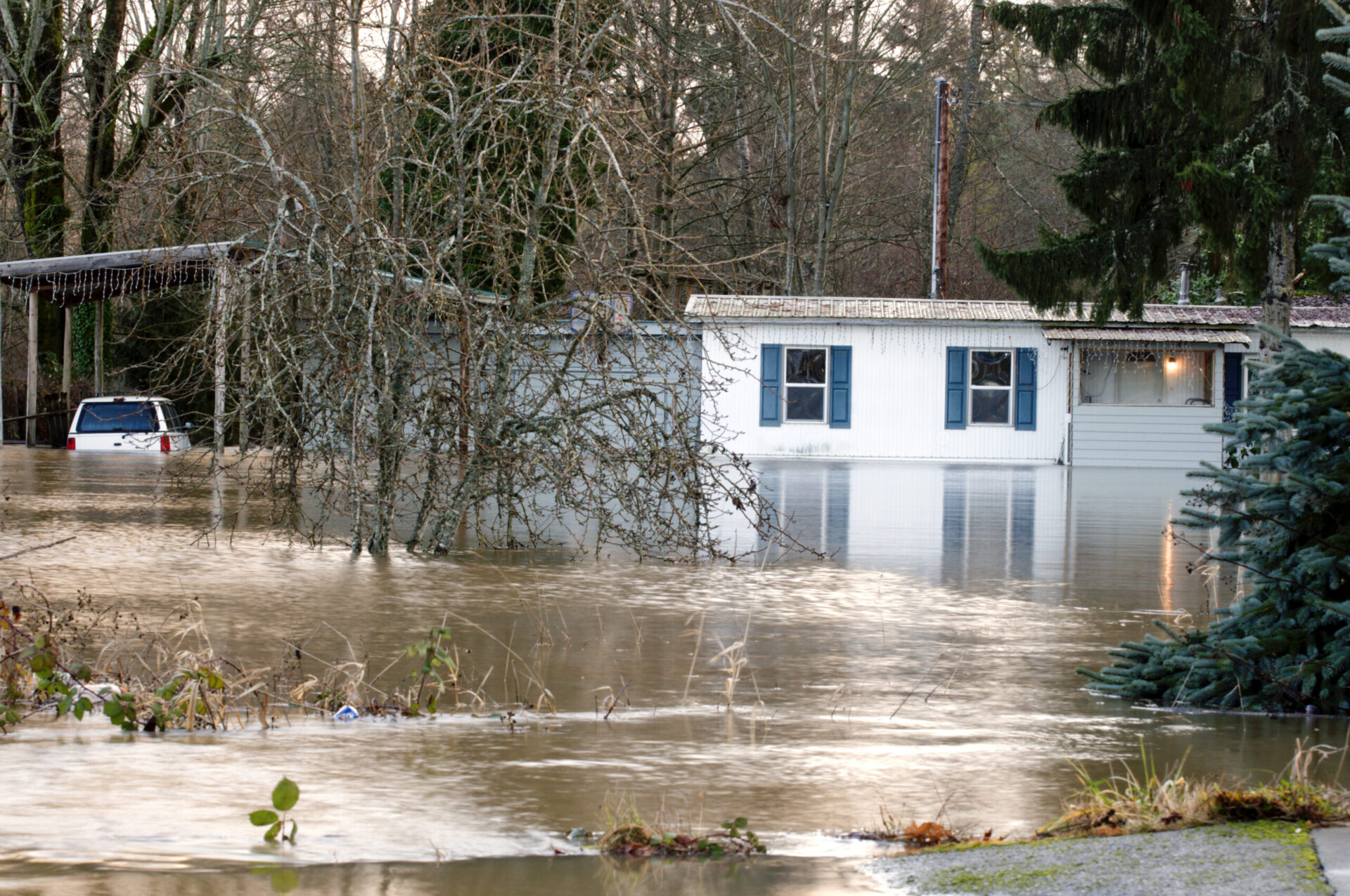By KIMBERLEY HAAS
Officials at the Federal Emergency Management Agency are warning survivors of Hurricane Ian they should be aware of con artists and criminals looking to take advantage of the situation.
Predators may promise homeowners a disaster grant in return for payment or fill out an application for assistance without a person’s knowledge, according to the FEMA website.
“If a FEMA Inspector comes to your home and you did not submit a FEMA application, your information may have been used without your knowledge to create a FEMA application. If so, please inform the inspector that you did not apply for FEMA assistance so they can submit a request to stop further processing of the application,” the website says.
People who did not apply for assistance but receive a letter from FEMA can call the helpline at 1-800-621-3362. The helpline will submit a request to stop any further processing of that application.
The agency has a YouTube video posted online explaining how federal assistance reaches communities after disasters.
On Sept. 29, President Joe Biden declared that a major disaster in the state of Florida and ordered federal aid to supplement state, tribal, and local recovery efforts.
Residents and business owners who sustained losses in the designated areas can begin applying for assistance by calling 1-800-621-3362 or by using the FEMA App.
Biden approved an emergency declaration for South Carolina on Sept. 30.
This was followed on Oct. 1 by an emergency declaration for North Carolina and a major disaster declaration for the Seminole Tribe of Florida.
In a speech given from the Roosevelt Room, Biden said Hurricane Ian’s destruction is likely to rank among the worst in the nation’s history.
“Homes and property wiped out. It’s going to take months, years to rebuild,” Biden said. “And our hearts go out to all those folks whose lives have been absolutely devastated by this storm. America’s heart is literally breaking, just watching people — watching it on television.”
Biden said FEMA workers were registering people directly and setting up disaster recovery centers in shelters across Florida.
On Oct. 1, White House officials released an update on the Biden-Harris Administration’s response to Hurricane Ian.
3,400 response personnel were working in Florida and the Southeast. An additional six Federal Search and Response teams had been deployed to help evacuate survivors and search for missing people.
According to Reuters, as of the morning of Oct. 3, at least 85 deaths had been attributed to the storm, including 81 in Florida.
The federal government helps victims in Presidentially designated disaster areas recover by making it easier for them to get mortgages and become homeowners or re-establish themselves as homeowners.
According to officials at the U.S. Department of Housing and Urban Development, no downpayment is required through the Section 203(h) program.
The borrower is eligible for 100 percent financing but closing costs and prepaid expenses must be paid by the borrower in cash or paid through premium pricing or by the seller, subject to a 6 percent limitation on seller concessions.
Officials say HUD sets limits on the amount that may be insured.
To make sure that the needs of low and moderate-income people are met, FHA sets limits on the dollar value of the mortgage.
The current FHA mortgage limit can be viewed online.
CoreLogic leaders estimated that property losses from Hurricane Ian’s wind and storm surge could be as much as $47 billion in Florida.
Tom Larsen, associate vice president for hazard and risk management at CoreLogic, said in a statement that the storm will forever change the real estate industry and city infrastructure.
“Insurers will go into bankruptcy, homeowners will be forced into delinquency, and insurance will become less accessible in regions like Florida,” Larsen said.
With inflation at a 40-year high, interest rates nearing 7%, and labor as well as materials still in high demand, CoreLogic anticipates recovery will be slow and difficult.
Follow Us On Twitter:
Read More Articles By Kimberley Haas:
Look At A Newport, Rhode Island Mansion Where “The Gilded Age” Is Filmed
Bank of America Funded Holocaust Documentary By Ken Burns
Q&A With SingleSource COO: Ed Austin Speaks About Services, Protecting Neighborhoods
Email story ideas to Editor Kimberley Haas: [email protected]
